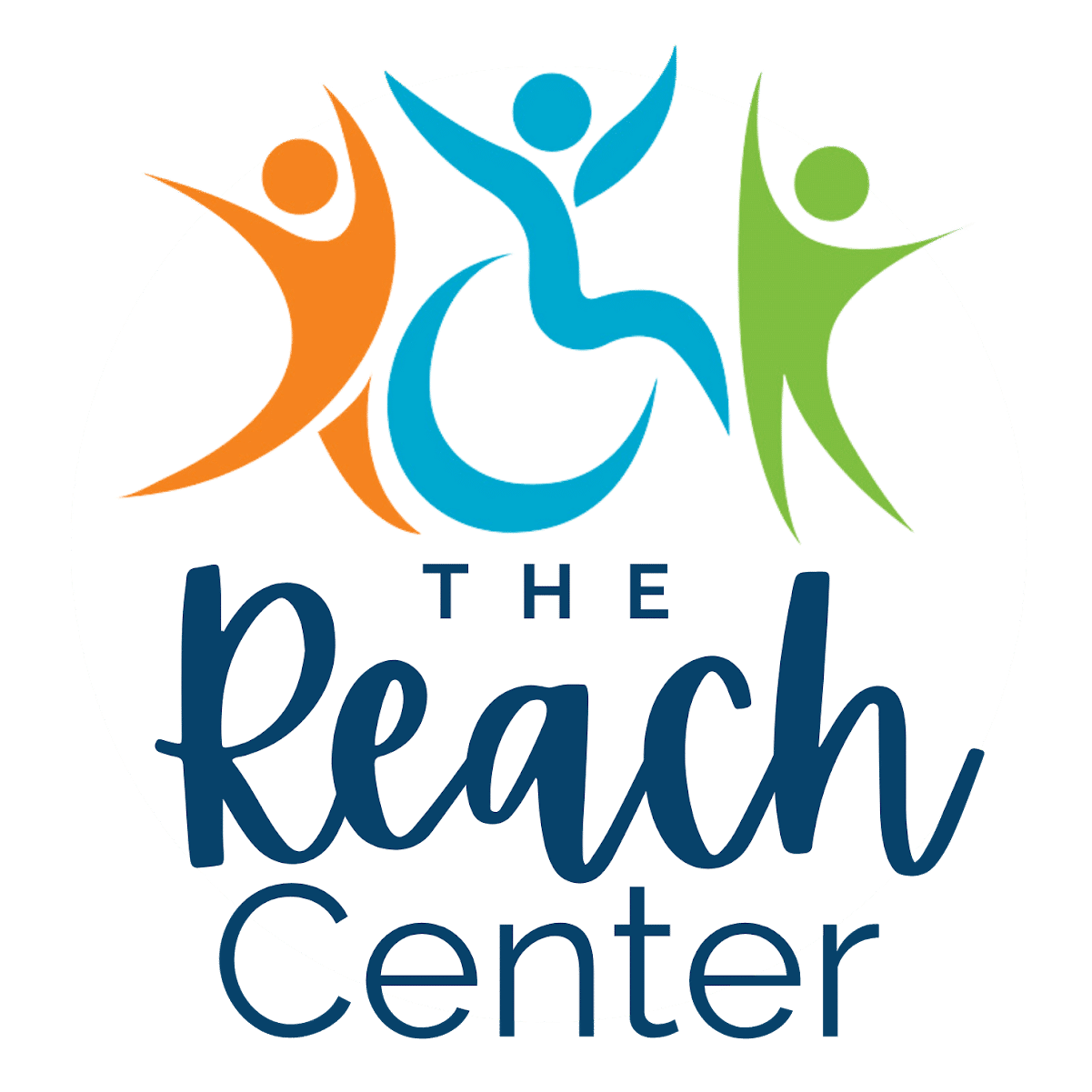A brain injury can be devastating. According to statistics from the CDC, every year more than 1.5 million children suffer a traumatic brain injury (TBI). Brain injuries can occur in many different ways, such as when a child falls, infection, lack of oxygen or stroke. The effects of a brain injury can be wide-ranging and long-lasting and can include physical disabilities, cognitive impairments and emotional problems. If you are the parent of a child who has suffered a brain injury, it is important to get help from specialists who can provide you with support and guidance.
Traumatic
A traumatic brain injury (TBI) is defined by the Centers for Disease Control and Prevention (CDC) as a disruption in normal function or tissue damage to the brain caused by an outside force. The severity of the TBI depends on the mechanism of the injury. It can result in varying degrees of functional impairment, from mild cognitive impairments to more severe impairments in one’s ability to walk, speak, eat, etc.
Hypoxic
Hypoxic brain injury is a type of brain injury that is caused by a lack of oxygen to the brain. The lack of oxygen can cause damage to the cells in the brain and lead to long-term disabilities. Hypoxic brain injuries are more common in young children and infants; with early intervention and therapy, many children with this type of injury can improve their function.
Stroke
Stroke occurs either when there is bleeding into the brain or when blood flow to the brain is interrupted, depriving brain cells of oxygen and nutrients. Types of strokes include cerebral sinovenous thrombosis, ischemic stroke and hemorrhagic stroke. Strokes can lead to cell death and permanent damage. Every year, stroke kills more than 4,000 children in the United States and leaves thousands more with long-term disabilities, such as paralysis and cognitive impairment.
Infection
The National Library of Medicine estimates that there are approximately one million cases of brain infections each year. Brain infections can be bacterial (such as bacterial meningitis), viral (such as encephalitis) or fungal. Infections can cause the brain to swell and bleed. The swelling can cause pressure on the brain and this pressure causes the brain to press down on the brain stem causing further injury.
Causes of brain injuries
The main causes of brain injuries include:
- Accidents and traumas, such as falls, acts of violence, motor vehicle accidents or sports injuries
- Blockage of blood flow to the brain, exacerbated by heart disease, blood clotting disorders and irregular arteries
- Viruses, bacterial infections or fungal infections
- Lack of oxygen in the brain associated with near-drowning, head trauma, carbon monoxide poisoning or an event where the heart stops or one stops breathing
Symptoms and long-term effects of brain injuries
Brain injury effects manifest physically, cognitively, emotionally and communicatively. These include:
- Physical issues
- Weakness
- Poor coordination of movements and abnormal muscle tone
- One-sided neglect
- Difficulty swallowing
- Fatigue
- Convulsions and seizures
- Sensitivity to light and vision problems
- Nausea, dizziness and vomiting
- Headaches
- Emotional issues
- Mood, personality and behavioral changes
- Increased levels of aggression and anger
- Anxiety
- Depression
- Communication issues
- Difficulty speaking
- Difficulty understanding
- Trouble finding words
- Self-care issues
- Difficulty bathing, dressing and feeding
- Inability to manage money, prepare food and other skills required to live independently
Treatment for brain injuries
There is no one-size-fits-all answer for how to treat a brain injury. It is important to remember that every child’s case is different, and so treatments should be tailored specifically to the child’s needs.Typically, treatment for brain injuries requires a multi-faceted approach, combining the following techniques:
- Physical therapy
- Occupational therapy
- Speech and language therapy
- Nutrition
- Medication
- Neuropsychology
As an adult and pediatric physiatrist (rehabilitation medicine doctor), Dr. Kelly Pham will work with your child’s healthcare team, including neurologists, occupational therapists, speech therapists, physical therapists, neurosurgeons, psychologists and more to provide the best possible care for brain injuries.
